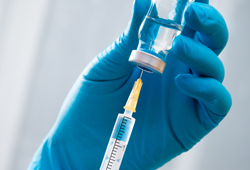As we previously reported, following the Supreme Court’s decision in Sandoz v. Amgen, Sandoz requested a remand to the District Court to answer the two questions that the Supreme Court had remanded to the Federal Circuit, i.e. (1) whether an injunction is available under state law; and (2) whether such a…








